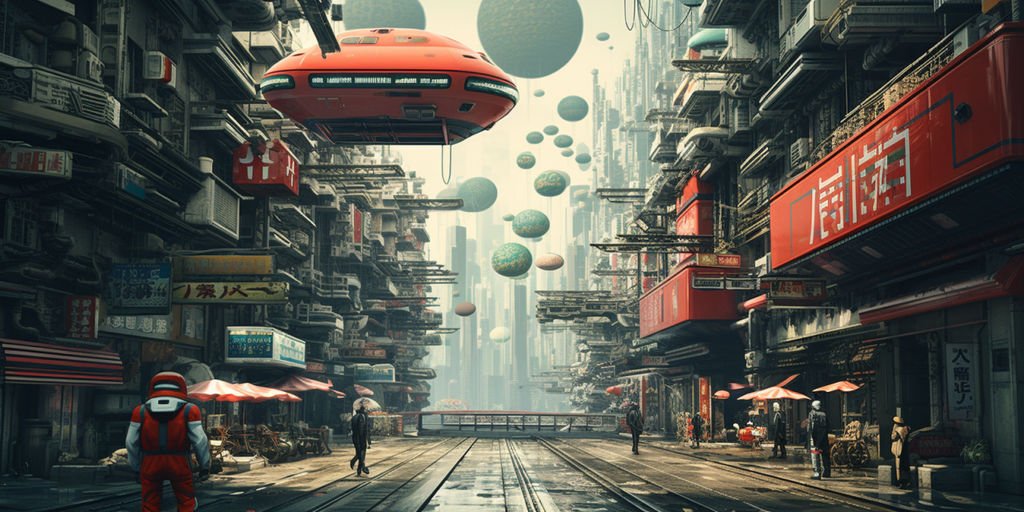In a groundbreaking move towards sustainability, Japan has unveiled plans for a revolutionary metrorail system powered by bacteria. This cutting-edge initiative not only aims to provide efficient transportation but also underscores Japan’s commitment to environmentally friendly technology.
The concept behind this innovative project lies in harnessing the power of bacteria to generate energy. Specifically, the system utilizes a process called microbial fuel cell (MFC) technology, where bacteria break down organic matter to produce electricity. In the case of Japan’s metrorail system, the organic matter primarily consists of waste materials such as sewage and food waste.
The implementation of MFC technology in the metrorail system offers several advantages. Firstly, it provides a renewable source of energy, reducing dependence on fossil fuels and mitigating the carbon footprint associated with traditional transportation systems. Additionally, by utilizing organic waste as a resource, the system helps in waste management and promotes a circular economy model.
Moreover, the bacteria-powered metrorail system boasts enhanced efficiency and reliability. Unlike conventional electrical grids, which are susceptible to outages and disruptions, MFC technology offers a more resilient and decentralized energy solution. This translates to a more dependable public transportation network, ensuring smoother commutes for passengers.
Furthermore, the adoption of such sustainable practices aligns with Japan’s broader goals of combatting climate change and promoting environmental stewardship. By embracing innovative technologies like bacteria-powered transit systems, Japan sets a precedent for other nations to follow suit in the transition towards greener infrastructure.
However, despite its promising potential, challenges remain in scaling up and optimizing the bacteria-powered metrorail system. Technical hurdles, such as maximizing energy output and ensuring system reliability, require continued research and development efforts. Additionally, widespread adoption will necessitate significant investment in infrastructure and public awareness campaigns.
Nevertheless, Japan’s bold venture into bacteria-powered transportation marks a significant step towards a more sustainable future. By leveraging the power of nature, the country paves the way for a greener, cleaner, and more resilient urban transit landscape. As the world grapples with the urgent need for sustainable solutions, initiatives like Japan’s bacteria-driven Metrorail system serve as a beacon of hope and inspiration for a brighter tomorrow.




